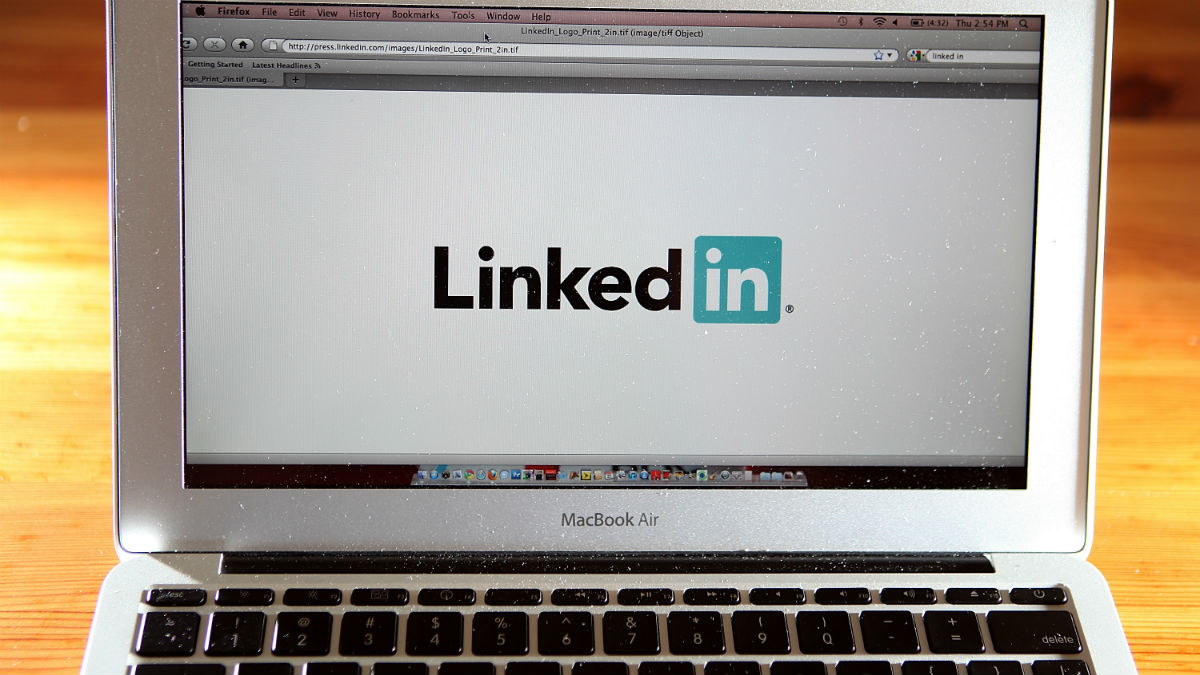Your LinkedIn contact could be a deepfake
And other stories from the stranger side of life

A free daily email with the biggest news stories of the day – and the best features from TheWeek.com
You are now subscribed
Your newsletter sign-up was successful
Your contacts on the networking site LinkedIn could be deepfakes, according to a new study. Researchers at the Stanford Internet Observatory found more than 1,000 deepfake accounts on LinkedIn, the social media platform for professional networking. The Times said the profiles are created by artificial intelligence software that has learnt, through viewing thousands of real faces, how to create convincing facial features.
Church of Flying Spaghetti Monster’s hat battle
The leader of the Church of the Flying Spaghetti Monster is campaigning hard on a key issue: the right to wear a pirate hat for a driver’s licence photo. Gary Smith, who identifies himself as a Pastafarian, insisted that his pirate hat is part of his church’s religious headwear. He has accused licensing authorities of “sheer arrogance” for blocking his request, reported Vancouver Island’s Times Colonist. According to followers, Pastafarianism is a “real, legitimate religion, as much as any other”.
The Week
Escape your echo chamber. Get the facts behind the news, plus analysis from multiple perspectives.

Sign up for The Week's Free Newsletters
From our morning news briefing to a weekly Good News Newsletter, get the best of The Week delivered directly to your inbox.
From our morning news briefing to a weekly Good News Newsletter, get the best of The Week delivered directly to your inbox.
Message in bottle found after 56 years
A message in a bottle written by two teens looking for boyfriends has been found 56 years after it was released. The requests have been floating in the Humber Estuary for nearly six decades, after Jennifer Coleman and Janet Blankley wrote them aged 15 in August 1966. A mother and daughter spotted the bottle when they were litter-picking in Scunthorpe, said The Metro. They hope to reunite the notes with their authors.
A free daily email with the biggest news stories of the day – and the best features from TheWeek.com
-
 Political cartoons for February 15
Political cartoons for February 15Cartoons Sunday's political cartoons include political ventriloquism, Europe in the middle, and more
-
 The broken water companies failing England and Wales
The broken water companies failing England and WalesExplainer With rising bills, deteriorating river health and a lack of investment, regulators face an uphill battle to stabilise the industry
-
 A thrilling foodie city in northern Japan
A thrilling foodie city in northern JapanThe Week Recommends The food scene here is ‘unspoilt’ and ‘fun’
-
 Epstein files topple law CEO, roil UK government
Epstein files topple law CEO, roil UK governmentSpeed Read Peter Mandelson, Britain’s former ambassador to the US, is caught up in the scandal
-
 Iran and US prepare to meet after skirmishes
Iran and US prepare to meet after skirmishesSpeed Read The incident comes amid heightened tensions in the Middle East
-
 Grok in the crosshairs as EU launches deepfake porn probe
Grok in the crosshairs as EU launches deepfake porn probeIN THE SPOTLIGHT The European Union has officially begun investigating Elon Musk’s proprietary AI, as regulators zero in on Grok’s porn problem and its impact continent-wide
-
 Israel retrieves final hostage’s body from Gaza
Israel retrieves final hostage’s body from GazaSpeed Read The 24-year-old police officer was killed during the initial Hamas attack
-
 China’s Xi targets top general in growing purge
China’s Xi targets top general in growing purgeSpeed Read Zhang Youxia is being investigated over ‘grave violations’ of the law
-
 Panama and Canada are negotiating over a crucial copper mine
Panama and Canada are negotiating over a crucial copper mineIn the Spotlight Panama is set to make a final decision on the mine this summer
-
 Why Greenland’s natural resources are nearly impossible to mine
Why Greenland’s natural resources are nearly impossible to mineThe Explainer The country’s natural landscape makes the task extremely difficult
-
 Iran cuts internet as protests escalate
Iran cuts internet as protests escalateSpeed Reada Government buildings across the country have been set on fire